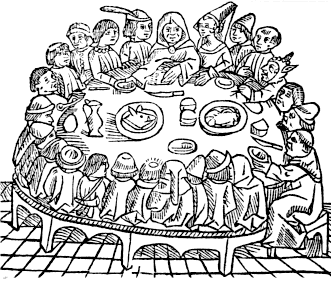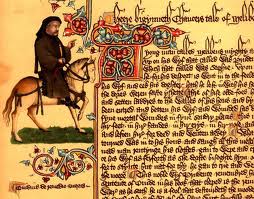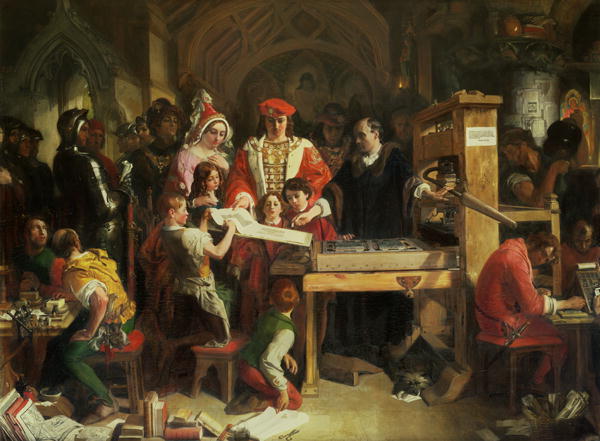
- •Voronezh state university
- •50 Things you need to know about britain.
- •50 Things you need to know about britain.
- •1). Stonehenge
- •2). St. Augustine and Christianity
- •3). Canterbury Tales
- •4) Religious settlement
- •5) Shakespeare
- •6) Gin craze and British drink culture
- •Battle of Waterloo and national identity
- •* The battlefield today
- •8)The Red House and ‘my house is my castle’
- •10) The Beatles
- •Alfred the Great.
- •Magna Charta (1215).
- •3) English Civil war of 1642 -1649.
- •4) The Glorious Revolution. (1688 - 89)
- •5) Birth of Great Britain, Act of Union in 1707.
- •6) Robert Walpole – the first Prime Minister.
- •The British Bobby.
- •Suffragettes
- •*The Suffragettes wanted the right for women to vote.
- •9). National Health Service
- •Results
- •(Http://en.Wikipedia.Org/wiki/Welfare_state_in_the_United_Kingdom) *The National Health Service
- •10). Britain Joining Europe*
- •*A History of the European Union and Great Britain
- •Introduction.
- •1). The Roman Invasion
- •2). The Norman invasion of 1066
- •3). Elizabeth I and the Spanish Armada
- •4). East India Company and the battle of Plassey
- •5) Tea and American Revolution
- •1. What is understood by the “Boston Tea Party”*?
- •3. Why did the British loose the battle?
- •6) Nelson and the Battle of Trafalgar
- •7). Slave trade
- •Campaign to abolish the slave trade
- •8) Dr Livingston and exploration of Africa*
- •9)The Windrush and the Empire
- •Identity
- •10). The Channel Tunnel* and the Eurostar
- •Early Plans
- •A Contest
- •The Design for the Channel Tunnels
- •Getting Started
- •Building the Channel Tunnel
- •Connecting the Tunnels
- •Finishing the Channel Tunnel
3). Canterbury Tales



A woodcut from William Caxton's second edition of the Canterbury Caxton* showing the first specimen of his
Tales printed in 1483. printing to King Edward IV.
Task 5. Fill in the gaps while viewing.
Geoffrey Chaucer* described those pilgrims in his Canterbury Tales. He began the book in 1387. Chaucer’s narrator meets up with 20 other pilgrims. Each one tells 1)… stories. Canterbury Tales is an extraordinary collection of fables (басен). Chaucer’s pilgrims make up a broad cross-section of the 2) ……. from a knight (рыцарь), a prioress (жена священника) - to a miller (мельник), a carpenter (плотник), a cook. Chaucer’s stories were relevant and accessible (доступны) to every day folk as soap-operas are today.
Chaucer was able of reaching a very 3) …. audience of people because he wrote in English. The amazing thing about Chaucer was that he was writing in the language of the 4) …… . It was for the first time that stories were written in English. Until then all written documents were in Latin or in the language of the Norman ruling class – French. Chaucer was the first to spell the words and started the process of standardizing English. Chaucer was not only the father of English literature, he laid down the English sense of 5) …… and national identity. He was a true forerunner of Shakespeare and Dickens.
Task
6.
Discuss
some of Chaucer’s famous aphorisms:

Time and tide wait for no man. The guilty think all talk is of themselves.
Love is blind.
The life so short, the crafts so long to learn.
There's no workman, whatsoever he be, That may both work well and hastily.
Murder will out, this my conclusion. (Read more at http://www.brainyquote.com/quotes/authors/g/geoffrey_chaucer. )
Cultural Commentary
* William Caxton - William Caxton (ca. 1415~1422 – ca. March 1492) was an English merchant, diplomat, writer and printer. He is thought to be the first English person to work as a printer and the first to introduce a printing press into England. He was also the first English retailer of printed books (his London contemporaries in the same trade were all Flemish, German or French).
https://en.wikipedia.org/wiki/William_Caxton
* Geoffrey Chaucer- (pron.: /ˈtʃɔːsər/; c. 1343 – 25 October 1400), known as the Father of English literature, is widely considered the greatest English poet of the Middle Ages and was the first poet to have been buried in Poet's Corner of Westminster Abbey. While he achieved fame during his lifetime as an author, philosopher, alchemist and astronomer, composing a scientific treatise on the astrolabe for his ten year-old son Lewis, Chaucer also maintained an active career in the civil service as a bureaucrat, courtier and diplomat. Among his many works, which include The Book of the Duchess, the House of Fame, the Legend of Good Women and Troilus and Criseyde, he is best known today for The Canterbury Tales. Chaucer is a crucial figure in developing the legitimacy of the vernacular, Middle English, at a time when the dominant literary languages in England were French and Latin. https://en.wikipedia.org/wiki/
